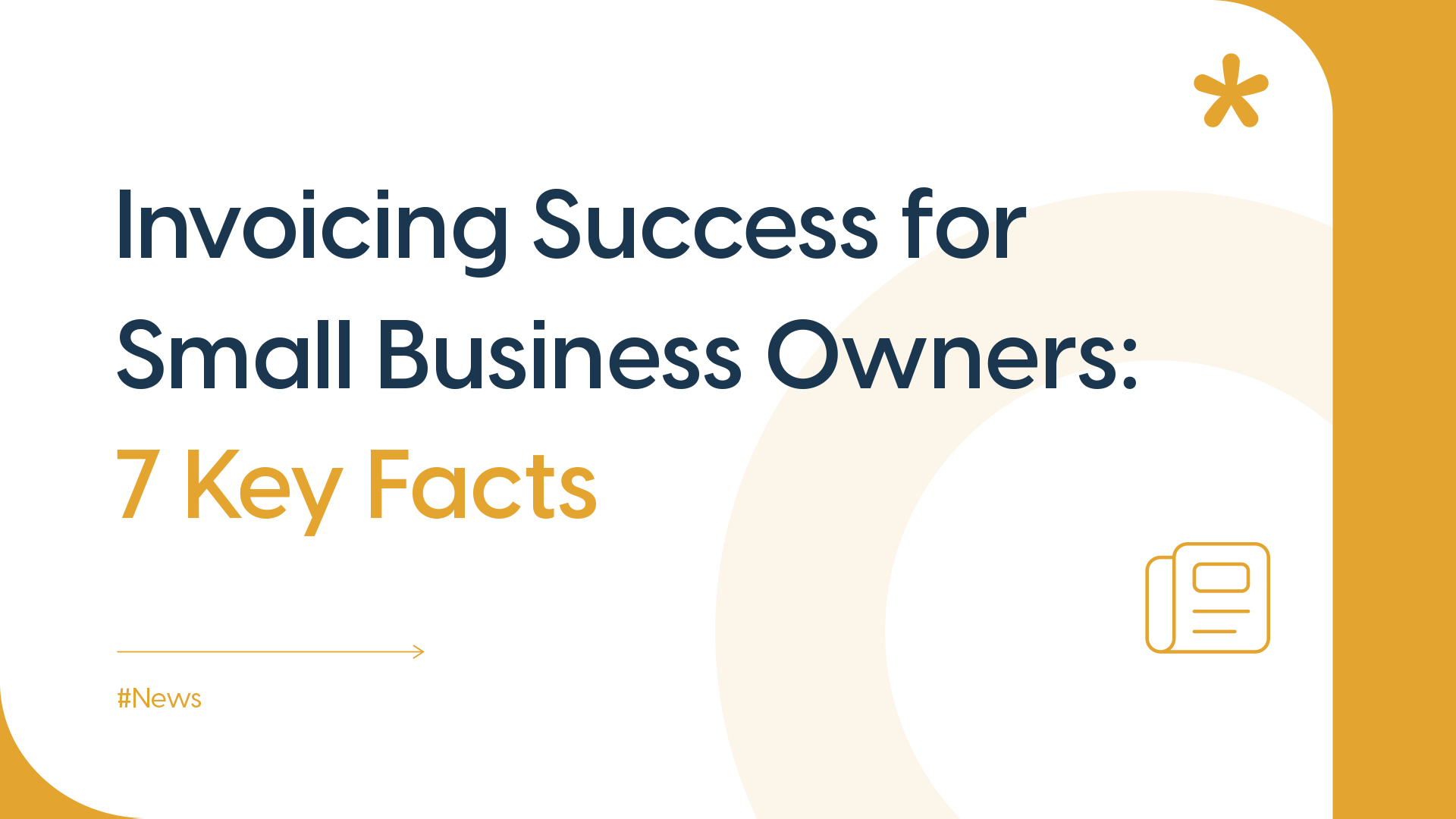
Invoicing for small business owners is often a critical aspect of the business process. A well-designed invoice can not only facilitate payment processing, but also leave a professional impression on the customer.
In this blog, we’ll look at seven critical key facts that small business owners should pay special attention to when creating invoices.
Table of contents
#1 – Complete and correct information
In order for your invoices to be fiscally correct and equally recognized by the IRS, it is imperative that you ensure that the information is complete. An invoice should contain all relevant information, such as the full name and address of the company, the customer and, if applicable, the tax number.
In addition, the invoice number, invoice date and payment terms should be clearly stated. Incorrect or incomplete information may cause delays in payment.
#2 – Clear and detailed description of services
A precise description of the services provided or products sold is essential. This should include the line items, quantity, unit price and total amount. This allows the customer to accurately understand the invoice and minimizes possible misunderstandings.
Your tax advisor and the tax office will also thank you if the items can be precisely allocated. Being able to track which items or services generated which revenue will only benefit you in the long run as well.
#3 – Uniform design and professional appearance
Who hasn’t received an invoice where you couldn’t see the structure right away or where it was hard to see what the invoice was about because of all the text?
An aesthetically pleasing invoice conveys professionalism and trustworthiness. Use a consistent design that includes your logo, corporate colors and a clear font. Make sure your invoice is well-structured and easy to read.
#4 – Be aware of legal requirements and tax regulations.
Invoicing for small business owners is not necessarily subject to different requirements than other businesses. Nevertheless, as a small business owner, you should be aware of the applicable legal requirements and tax regulations, especially at the beginning.
This includes, among other things, the correct disclosure of the relevant paragraph from the Value Added Tax Act, for the omission of value added tax.
You should also observe the legal obligation to retain invoices for 10 years.
#5 – Set payment terms and options
What good is the nicest invoice if it doesn’t get paid? For the liquidity of your company, you should pay special attention to payability here.
Define clear payment deadlines to avoid payment delays. On top of that, clearly state how the customer can pay, whether by bank transfer, PayPal or other payment methods. Also consider offering discounts or rebates for early payments.
#6 – Use automation and digital solutions
Especially when starting your business, do you have a plethora of tasks ahead of you? To make the invoicing process more efficient, you can benefit from automated solutions as a small business owner.
Use invoicing tools like easybill and, if applicable, accounting software to automatically generate invoices, send payment reminders and keep track of open invoices. If you seek tax advice from a tax firm, your bookkeeping may be handled by them.
Support your service provider with semi-automated accounting vouchers and voucher screens so that the time and cost of your vouchers is kept to a minimum.
#7 – Regular review and optimization
You should continuously monitor and improve the success of your invoicing. Regularly analyze your incoming payments and identify potential bottlenecks.
Only if you have your figures and analyses available, you could see and take appropriate action.
easybill as invoicing software for small business owners
easybill makes it easy for you to start your business. With ready-made templates and layouts, which you only have to equip with your logo, you already have the perfect basic framework for your documents in easybill.
You can add texts and desired notes to your templates according to your own ideas. The reference to the tax exemption? We already take care of that for you. Because easybill already knows about your small business status via the basic settings in your account.
Extensive evaluations, exports or the DATEV interface offer even more convenience for you and your tax advisor. Take advantage of the free trial period and get your own impression of easybill as your new invoicing software.
Read also:
Which documents can be created with easybill? (Help Center in german)
How do I create a document? (Help Center in german)
10 steps to a successful startup: checklist for startups

